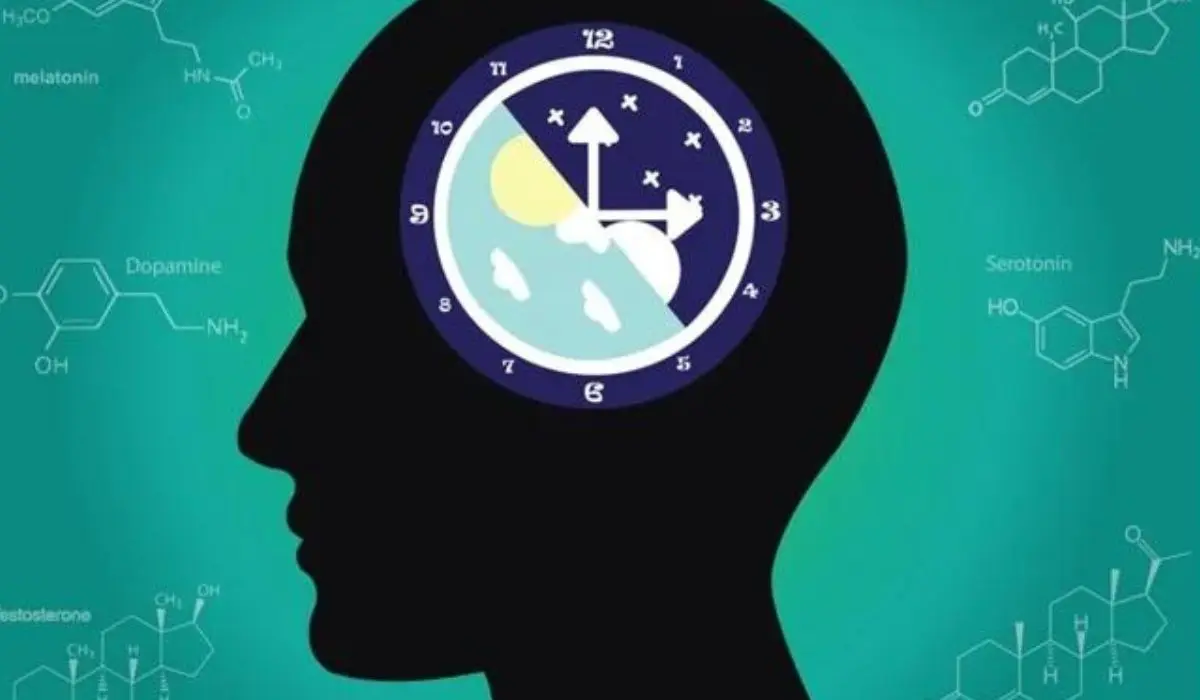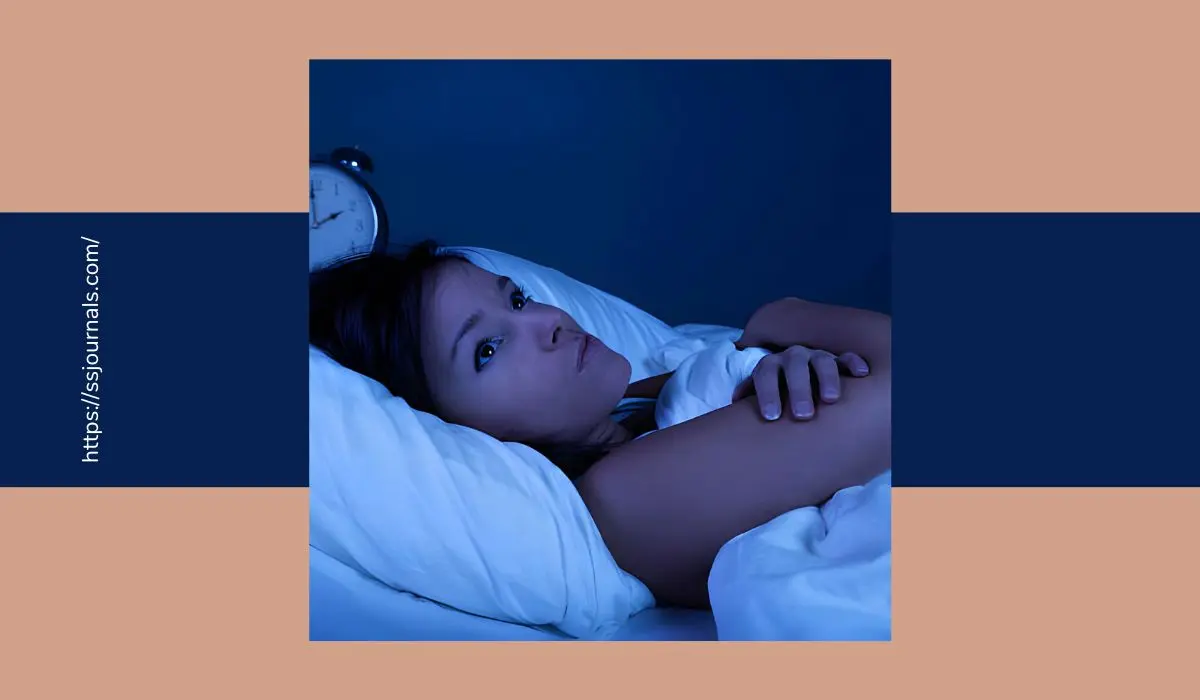Each person has a natural circadian rhythm. It regulates the body’s sleep and wake cycles. It also controls temperature and hormone shifts. These cycles each last 24 hours. CRSD is caused by disrupting the innate timekeeper. This disruption harms sleep, well-being, and daily performance. This article explores the signs and causes of CRSD. It covers how it’s diagnosed and how to manage and avoid it. It aims to give useful insights for those with this condition. It emphasizes syncing our internal clocks. This helps our external lives and our health.
Understanding Circadian Rhythm Sleep Disorders

Symptoms
People with circadian rhythm sleep disorders often have many problems. They have trouble falling or staying asleep (insomnia). They feel very sleepy during the day and have trouble waking up in the morning. They lose sleep overall and feel depressed. They have strained relationships. They struggle with work or school tasks and struggle with social commitments.
Causes
The circadian rhythm sleep disorders occur when the sleep-wake cycle is disturbed. This may happen when our body clocks are out of sync with their environment. It can cause trouble sleeping and excessive daytime sleepiness.
1. Genetics: Some people have abnormal sleep-wake cycles. They do not match their schedules. This results from their genes. Genes affect their brain or hormones. This might change their sleep. For example, mutations in some genes increase the likelihood of these sleep disorders.
2. Age: Our body’s sleep-wake cycle adjusts with age. Teens sleep later than younger kids and adults. This makes teens more likely to suffer specific sleep disorders. Older people also develop sleep problems. This makes them more prone to sleep disorders.
3. Work: Night shift workers and those working changing shifts are likelier to have sleep disorders. This includes pilots and flight attendants who operate in different time zones. They are at risk of disorders like shift work disorder and jet lag disorder.
4. Lifestyle: Decisions harm sleep. These include drinking alcohol, relying too much on caffeine, and substance abuse. So do not get enough natural light and bad sleep patterns, like irregular sleep and too much light at night.
5. Health Conditions: Some health conditions increase the risk of these disorders. Conditions like dementia or brain injury do this. They do this by changing the brain and melatonin release, a sleep hormone.
Types of Circadian Rhythm Sleep Disorder
Delayed and Advanced Sleep-Wake Phase Disorders:
Delayed sleep phase syndrome (DSPS): People’s sleep times are much later than usual. They have trouble sleeping early and waking up early. Common in teenagers and young adults.
Advanced sleep phase syndrome (ASPS): People sleep and wake up much earlier than they want to. More common in older adults.
Irregular Sleep-Wake Rhythm Disorder: Sleep times are unpredictable, not following a regular pattern. Common in people with neurological conditions like Parkinson’s or Alzheimer’s. Sleep is often short and scattered throughout the day.
Non-24-Hour Sleep-Wake Rhythm Disorder: The sleep cycle doesn’t fit into a 24-hour day, causing shifting sleep times. It is most common in totally blind people. Diagnosis requires symptoms for at least three months.
Shift Work Disorder: Affects people working at night or on rotating shifts. Symptoms include trouble sleeping and feeling very sleepy during the day. It can lead to health issues and accidents.
Jet Lag: This happens after flying across time zones. Symptoms include disturbed sleep and daytime tiredness. Eastward flights usually cause worse jet lag.
Diagnosis
Doctors diagnose CRSD by looking at a person’s past health and sleep. They do a physical exam and get other test results. Here’s how doctors diagnose CRSD:1. Medical History and
Physical Exam: Doctors ask about sleep problems. They also ask about daily routines and health habits like smoking or drinking. They also check whether shift work or other behaviors affect sleep. Keeping a sleep diary is very helpful in tracking when and how well the person sleeps.
In addition to asking about sleep patterns, the doctor will look for other signs of health problems that might cause sleep trouble.
Symptom Analysis: Common signs of CRSD include struggling to fall asleep and stay asleep. You also feel sleepy during the day and have trouble waking up. You might feel unhappy and have trouble at work or school.
Diagnostic Tests: These may include:
Actigraphy: Wearing a sensor for a few days to observe sleep patterns.
Sleep Studies: These monitor how well the person sleeps. We test body temperature and melatonin. This helps us see the body’s natural sleep and wake times.
Body Temperature and Melatonin Tests: These help determine the sleep disorder by looking at natural sleep and wake times.
Treatment
Melatonin for Sleep: Melatonin, a natural hormone, can aid sleep. You can get it over the counter or through a prescription. Remember to talk to your doctor first.
Sleep Medications: For chronic sleep issues, doctors might suggest benzodiazepines like flurazepam, temazepam, or triazolam. There are also nonbenzodiazepines. They are less of a problem when you stop them. But they can cause confusion or unsteadiness.
Sleep Routine Tips: Improving your sleep routine helps with circadian rhythm disorders. Sleep regularly, avoid naps, and do calming activities before bed. Ensure your sleeping environment is comfortable, dark at night, and quiet.
Light Therapy at Home: A light box or indoor lights in the morning or evening can adjust your sleep cycle. Light therapy has been found helpful for some people.
Lifestyle Changes
Making changes in your daily habits can help treat Circadian Rhythm Sleep Disorders. Try to go to bed and get up simultaneously every day, even on weekends and holidays. It’s also a good idea not to nap during the day. Daily exercise is good, but avoid working out too hard before bedtime. Cut down on caffeine in the evening and pick a relaxing activity like reading before bed. Lastly, keep your sleeping space dark at night to signal to your body that it’s time to rest.
In short, handling Circadian Rhythm Sleep Disorders well is vital to good sleep and health. Your genes, age, job, and habits can affect these disorders. Doctors look at a person’s health history and symptoms to find out if they have this disorder. They might also do some tests. Treatments include natural options like melatonin, medicines, and changes in daily habits. These help match our body’s clock with everyday life, leading to better sleep and health.

